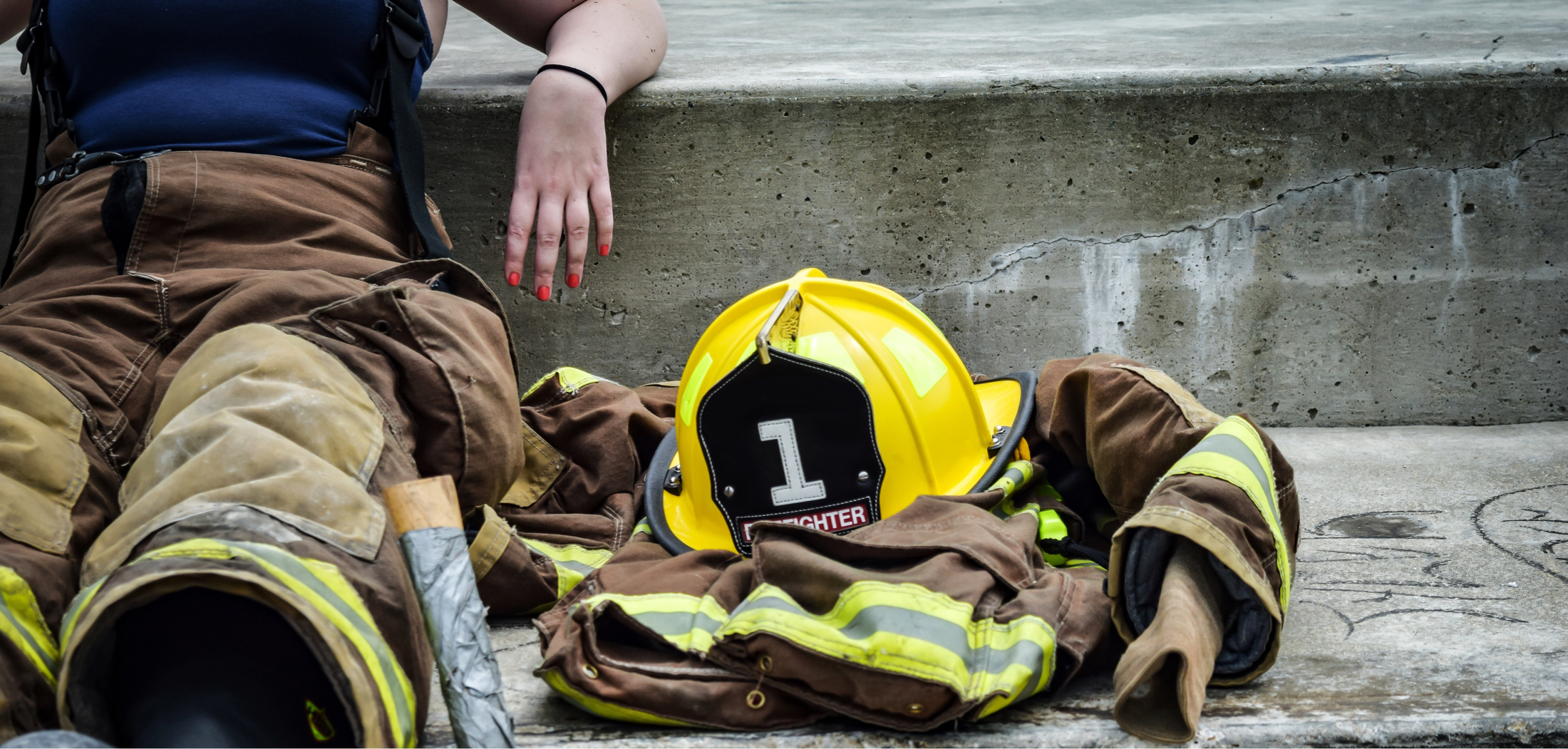Quick Links
self assessments
Do you have a concern and want to know more?
Alcohol Help Center Check Your Drinking survey
Offering a starting place to responder to consider whether drinking has become an issue
Alcohol use online screening
A simple tool to aid in honestly gauging alcohol consumption
learn moreFirefighter/EMT Suicide Screening
An online self-assessment tool to help firefighters and EMT personnel quickly pinpoint mental health concerns
learn moreHere to Help online screenings
Anonymous self-assessment tools for issues including depression, anxiety and risking drinking
learn moreMood Checklist
A tool created by Workplace Strategies for Mental Health to help pinpoint issues related to mood
PTSD self-assessment quiz
This short online self-assessment helps trauma survivors recognize the signs of PTSD
PTSD Test
A tool from Mental Health America to guide responders in self-assessing possible PTSD signs
learn moreScreening Tools
from the Substance Abuse and Mental Health Services Administration – Offering various tools to help responders and clinicians assess mental and emotional health concerns
Trauma screening questionnaire
A starting-point questionnaire from the National Fallen Firefighters Foundation
UpToDate basic alcohol consumption questionnaire
To help guide responders in assessing the frequency and impact of alcohol consumption
Well-being checklist
An online tool from Workplace Strategies for Mental Health to help responders check in with themselves mentally and emotionally
learn moreWork-Life Balance Quiz
A tool created by the Canadian Mental Health Association to aid in assessing issues between work and home life
learn moremindfulness
Mindfulness practices have been proven to improve performance and quality of life.
Center for Mindfulness in Public Safety
Mindfulness-based wellness and resiliency professional development training for law enforcement, responders, corrections, reentry and treatment professionals
Code 9 S.H.A.R.E. Meditations
An audio guided meditation series for responders, including end-of-shift reset, deep sleep and gratitude
learn moreMindful Badge Initiative
A training resource to help responders cultivate resiliency, awareness and humanity
Mindfulness audio course
Audio-based trainings from the University of Pennsylvania to support various aspects of meditation and mindfulness
basic needs
By virtue of being human, we all need certain things to feel good.
Feelings Inventory
A tool from the Center for Nonviolent Communication to identify and describe experienced feelings
learn moreNeeds Inventory
A starting-point resource from the Center for Nonviolent Communication to help name and consider basic human needs
learn morestress management
Stress is unavoidable, but how we deal with it changes how we feel.
Coping with traumatic events
A practical guide from the National Institute of Mental Health to help responders and their families deal with the effects of trauma
Factsheet about stress
Tips for recognizing and understanding stress, from the National Institute of Mental Health
A Guide to Managing Stress in Crisis Response Professions
Actionable steps from the U.S. Department of Health and Human Services to help responders cope with and manage stress
Health, safety and resilience for responders
Multifaceted advice from the U.S. Department of Labor on cultivating responder resiliency
learn moreMind and Body Approaches for Health Problems in Military Personnel and Veterans
A clearinghouse of information on dealing with the mental and physical impacts of stress that veterans face, from the National Center for Complementary and Integrative Health
Sustaining the psychological well-being of caregivers while caring for disaster victims
Advice from the Center for the Study of Traumatic Stress on helping responders care for themselves while caring for others
learn moreTips for disaster responders on managing stress
Advice for disaster responders on managing stress in the moment and afterward, from the Substance Abuse and Mental Health Services Administration
Tips for Managing and Preventing Stress: A Guide for Emergency Response and Public Safety Workers
Practical steps from the Substance Abuse and Mental Health Services Administration to help responders deal with and prevent stress
learn moreTraumatic incident stress
Tips for emergency response workers on dealing with the various effects of traumatic incident stress, from the Centers for Disease Control and Prevention


